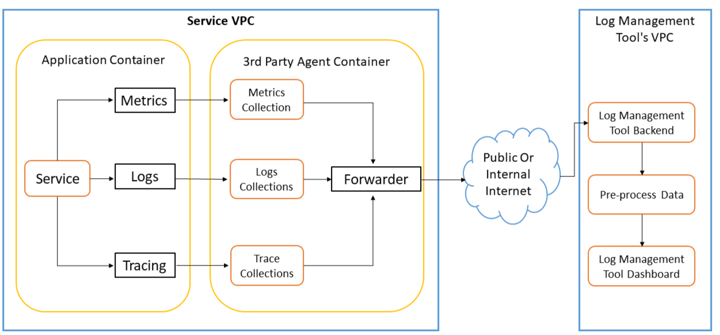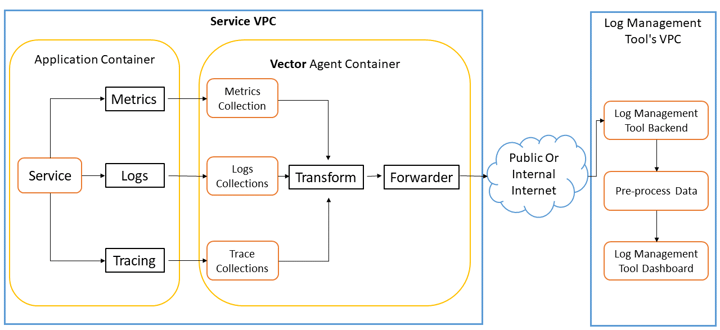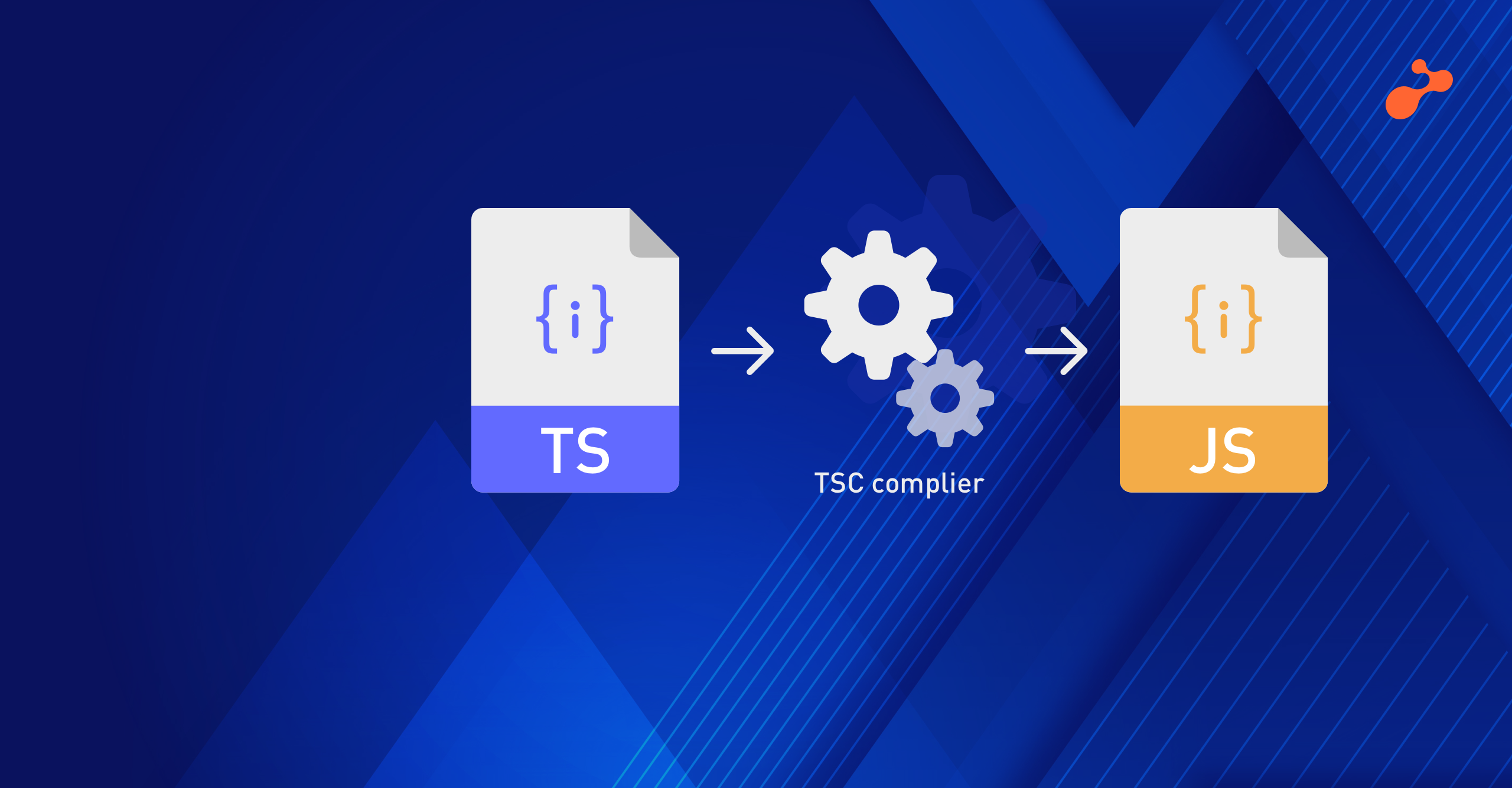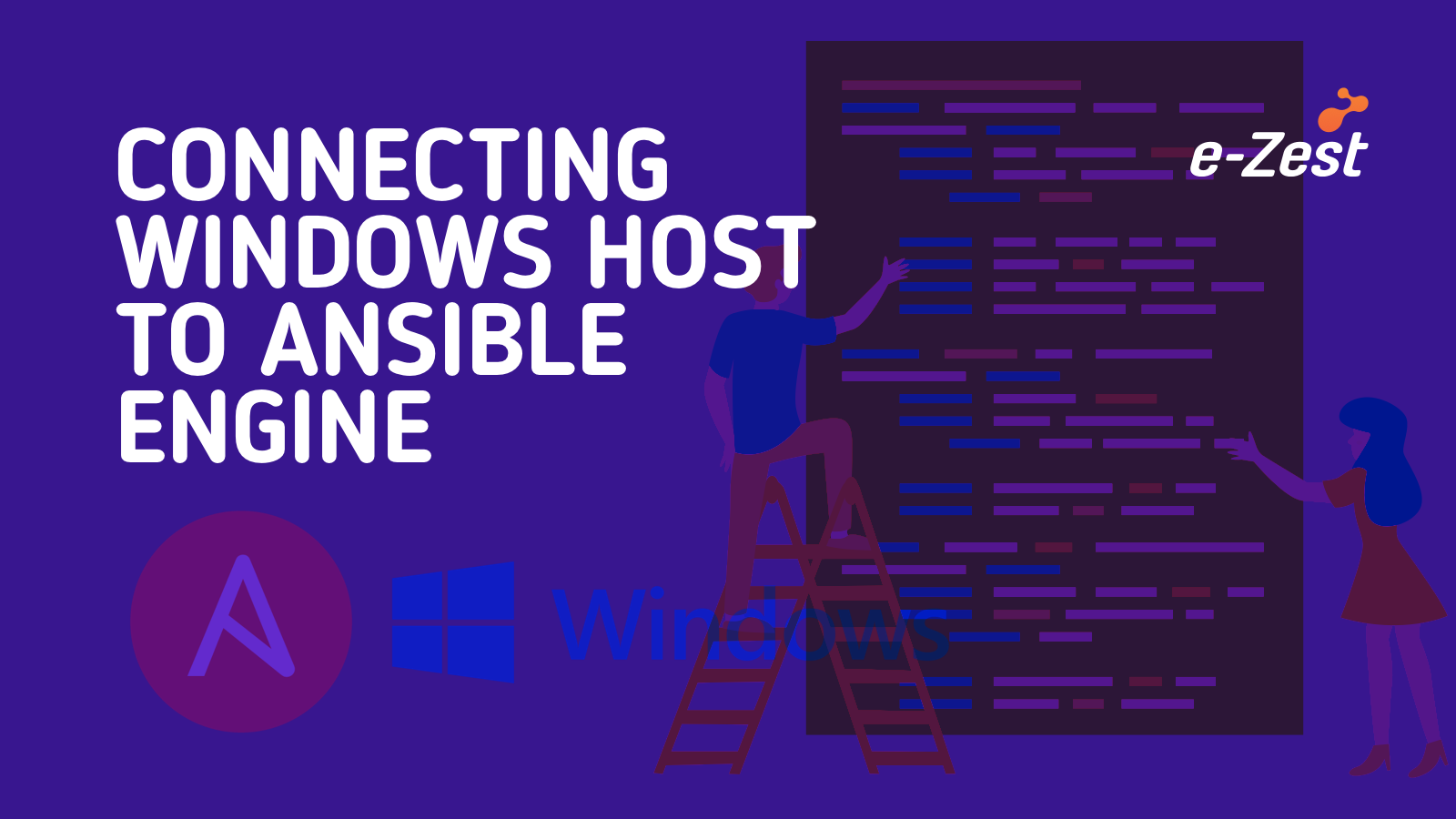Log management can be quite challenging in a modern computing environment, particularly in situations that involve high volumes of data, multiple sources, and the need for real-time processing. Common challenges with most log management tools include:
- High Volume and Velocity: With the explosion of data in today's digital world, dealing with a high volume of logs is a common challenge. Some tools are ineffective in handling large amounts of data efficiently, leading to lags in data processing and potential loss of valuable information
- Data Duplication: Many log management tools do not provide efficient ways to deduplicate data. This results in redundant storage and processing and makes the identification and isolation of specific issues more difficult
- Limited Pre-processing Capabilities: Often, logs are shipped in their raw form without pre-processing. This means that irrelevant, duplicated, or non-standardized logs can clutter the system and make analysis more complicated
- High Costs: Traditional log management tools can be expensive, particularly when handling high volumes of data and when replication is involved
- Vendor Locking: The capabilities provided by a tool might be vendor specific or commercial
Old Architecture to Manage Logs (Without Vector)

Usually logs management solutions are cloud-specific or third-party commercial tools as they are a critical component in identifying issues and monitoring the status of the application. Such tools are built differently by different vendors and their features vary from one platform to another, but their primary focus lies on core features like collecting logs and storage.
- To optimize storage cost, usually, a retention period is set on logs either to purge them or archive them to a cheaper long-term storage
- Log formatting and severity is usually handled at the application level to improve visibility
Introduction to Vector
- Vector is an open-source, high-performance, observability data router that can gather, process, and ship logs, metrics, and events from various sources to a diverse set of destinations
- As a vendor-neutral tool, Vector is designed to provide seamless integration between different sources and destinations, making it an invaluable asset for the management and analysis of complex systems
- Heart of Vector's functionality is its ability to collect data from numerous sources, transform it to a preferred format, enrich it by adding or modifying fields, and then route it in real time to the desired locations. Its capabilities aren't restricted to logs but extend to metrics and traces as well, making Vector a comprehensive solution for all observability data
New Architecture to Manage Logs (With Vector)

How can Vector Improve Log Management
- Vector's architecture is optimized for high performance, enabling it to handle large volumes of data swiftly and reliably, as it is horizontally scalable
- Vector provides centralized and streamlined log management. It can gather logs from multiple sources, pre-process them to reduce noise and redundancy, and ship them to various destinations. With Vector's observability capabilities, you can gain a unified view of your logs, reducing the complexity of dealing with multiple log formats and sources. This provides a more comprehensive understanding of the system's state and behavior
Using Vector for Pre-processing
Vector efficiently pre-processes data before it is shipped to its destination. This includes steps like:
- Deduplication, where Vector identifies and removes duplicate logs, thereby reducing unnecessary volume
- Filter logs, for choosing to exclude or include certain logs based on service, severity, or custom tags
- Parse multiline logs, for aggregating related log lines into a single entry for a more coherent and readable log format
- Categorize logs, based on their status and other criteria, making it easier to identify patterns and anomalies
- Processing logs at the source minimizes the volume of data that needs to be shipped and stored, leading to significant cost and performance benefits
Transformative Power of Vector
- Vector utilizes a feature-rich expression language called Vector Remap Language (VRL) to transform logs and metrics. VRL is specifically designed for the manipulation of observability data, and it provides a range of functions to alter, format, and enrich data
- With VRL, you can restructure logs, by extracting and reformatting fields to create a standardized log format. You can extract timestamps for accurate time recording, or pull out additional context information to enrich log entries. Transformations in VRL are powerful and flexible, enabling a high level of customization to cater to your specific log management needs
- VRL is not limited to restructuring; it also supports data enrichment and complex manipulations, such as log deduplication based on specific criteria or filtering logs based on various fields. These capabilities make it a potent tool in crafting useful and meaningful logs from raw data
Driving Business Value with Vector
Implementing Vector for log management can bring significant business value, like:
- Improved Visibility: By transforming and structuring the log data, Vector enhances visibility, making it easier to identify issues and extract valuable insights
- Cost and Performance Benefits: The deduplication and filtering mechanisms significantly reduce the volume of logs and metrics, resulting in cost savings and improved performance
- Flexibility: Vector provides unparalleled flexibility in choosing log destinations and handling data from various sources and enables you to design vendor-independent logs and management solutions. It offers endless possibilities for customization and integration, allowing the log management process to be tailored to your unique needs




